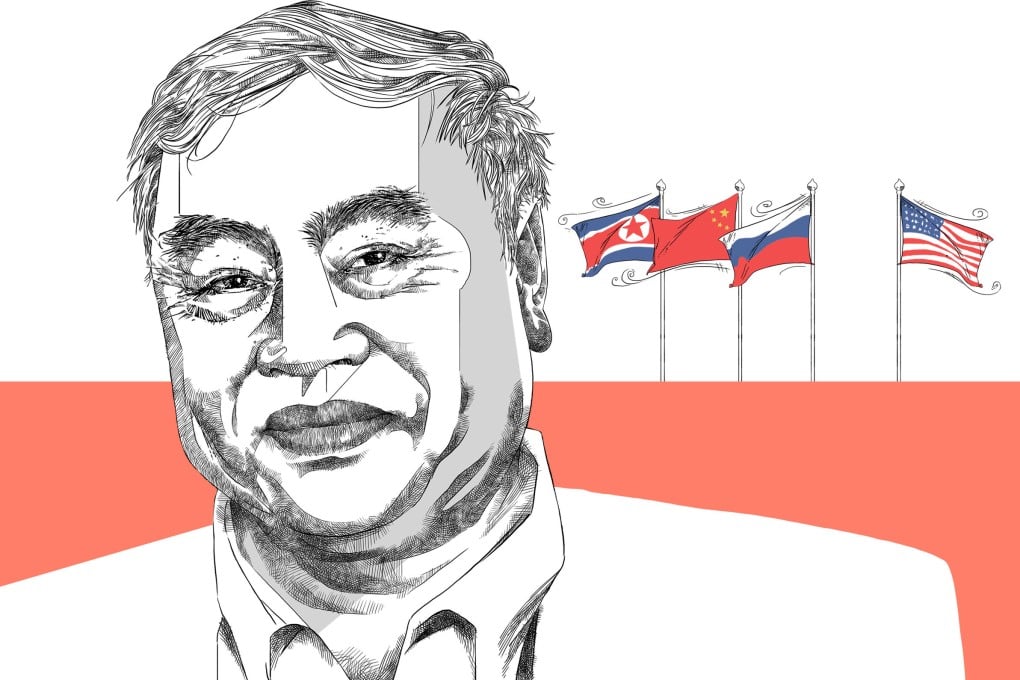Exclusive | What lesson does Stalin’s Cold War ‘mistake’ have for Russia, China and the US today? A Chinese historian weighs in
- Shen Zhihua warns about the economic decoupling that sent US-Soviet relations spiralling into confrontation
- China should make its diplomatic position clear as countries realign over ideology, says head of Cold War history research centre

As a historian, you have focused for many years on China’s diplomacy during the Cold War, and have an exhaustive understanding of past and present China-Russia relations, as well as former China-Soviet relations. What does your research of these relations tell us about China and the wider world today?
My basic view is that [Russian President Vladimir] Putin wants to go backwards and rebuild the Russian empire. You can see this in what he is doing in the Caucasus, Chechnya, Belarus and Ukraine – he wants to bring back into the sphere of influence places that had been separated. This is actually a security threat to China, but it is opposed by the US and the West.
Now the relationship between China and the US is not good, so once again China and Russia have a common enemy that pushes them to unite.
In my opinion, China should stick to its foreign policy of the early days of reform and opening up, not aligning with others or drawing lines based on ideology.
In your book, A Misunderstood Friendship: Mao Zedong, Kim Il-sung and Sino-North Korean Relations, 1949-1976, you describe a complex triangular relationship between China, the Soviet Union and North Korea. What are your thoughts on how this evolved?
After the founding of the People’s Republic, China and North Korea were both in the socialist camp, and when relations between China and the Soviet Union were good in the 1950s, North Korea was like a little brother with two big brothers helping it.
